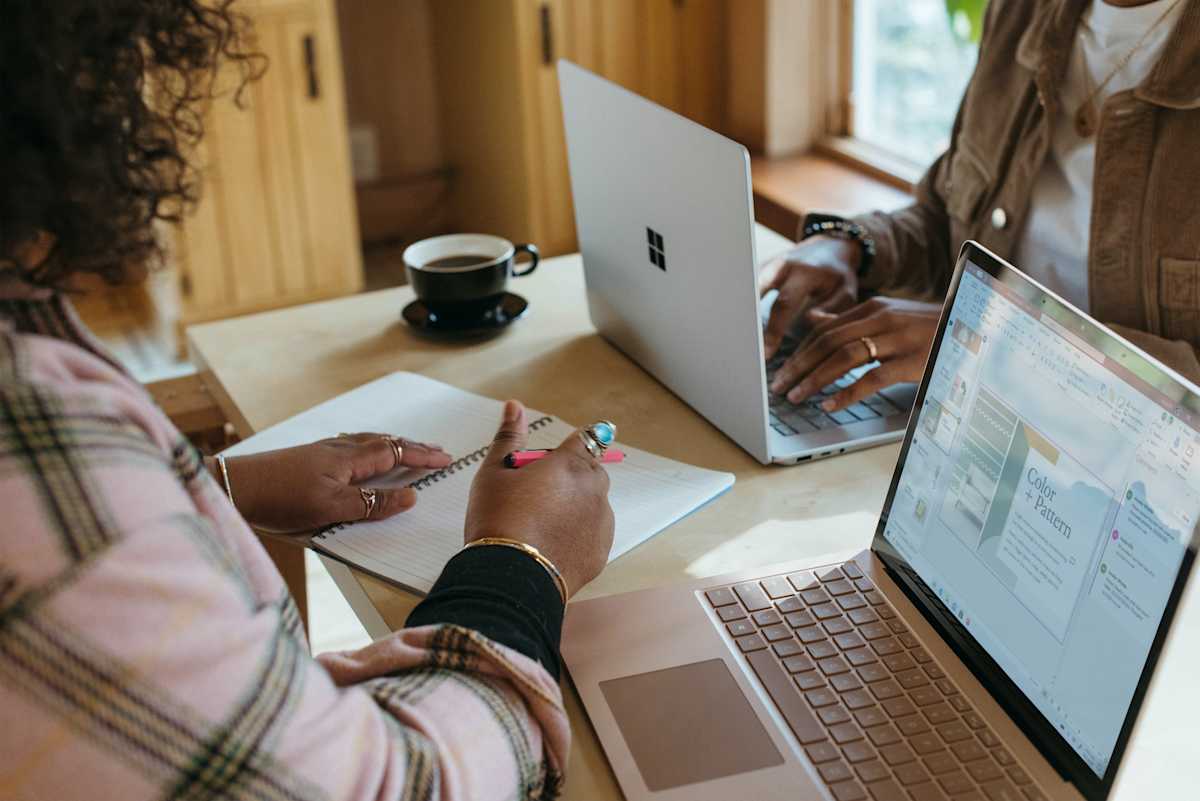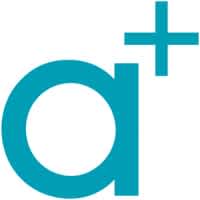To help you plan for the new tax year (on the 6 April each year), we’ve pulled out some important changes you need to be aware of, how to get your business in order and
what you need to do before the tax year ends.
The important thing is to have an understanding of your tax position before and after the tax year-end. In fact, it’s important to have a clear understanding throughout the year, so it makes sense to have an expert adviser in your corner, quietly looking after things for you.
How to close off the tax year for your business
The tax year runs from 6 April to 5 April the following year. So before you get started with the new tax year, you need to make sure you’re closing off the old one properly.
When it comes to your business, make sure you get all your documents in order. It’s easier to take time to review and check your records are up to date while it’s still fresh in your mind. Use this time to also follow up on any outstanding invoices that haven't been paid yet.
You’ll need to keep a record of:
Any incomings and outgoings for your business
A copy of any bank statements
Any payments into or out of the business, including salaries
Because you need to keep the records for at least five years, we suggest you find a solution that’s easy to access, like FreeAgent. With a Mettle account, you can get access to FreeAgent, saving you up to £150 a year.*
If the tax year also marks the end of your accounting period and you sell products, you’ll need to organise a stocktake. Make sure you put enough time aside to manually check and record all the inventory that your business currently has on handAs a limited company, your accounting period might be different to the tax year. But it would help if you started thinking about your tax return and storing any records of salary or dividends you have been paid as a director.
Get your investments in order
Before the tax year ends, you need to make sure you’ve used up all your tax allowances and top up any ISAs you have.
If you invest in qualifying new plant and machinery assets make any capital investments before 31 March to make sure you still get the super deduction capital allowances.
This includes maximising your pension contributions. In most cases, you can pay up to £40k per year. You could also consider accelerating any necessary expenses into the current tax year, to potentially make use of any tax relief. But, don’t spend needlessly – if you’re unsure, discuss it with your accountant.
How to prepare for the new tax year
If this is your first year submitting a tax return, you’ll need to register with HMRC. Once you’ve done that, make sure you set your new tax-efficient remuneration strategy. This means forecasting how much salary you might need to pay employees, expected dividends and expenses, etc.
If you have employees, then you need to make sure your payroll software is up to date with any new allowances, thresholds or rates. Also, make sure that the Employment Allowance is being claimed for the new year and that employees' pay rates are in line with the updated national minimum wage levels.
Finally, make sure you know what the upcoming tax deadlines are and make sure to keep a note of them. If you use FreeAgent, you can easily see on your Dashboard what liabilities for all taxes are upcoming.
Claiming for expenses on your tax return
When it comes to submitting your tax return, you want to make sure you’re claiming for all expenses that are wholly and solely for business purposes.
There are many different types of expenses you can claim, including costs related to any of the following:
Business travel
Salaries paid to staff
Any stock or raw materials bought to be sold
If you have business premises, the expenses such as heating, lighting and business rates
If you drive a vehicle for your business, you can claim tax relief on your mileage expenses from HMRC. But, be aware that this doesn’t include travelling to and from work, unless you’re travelling to a temporary place of work.
The types of trips that are eligible are:
Travelling to a temporary place of work (like if you’re a builder and are travelling to a site)
Travelling to a meeting that is outside your normal place of work
Travelling to a location to buy equipment for your job (this doesn’t include if you stop off to do personal errands)
Start off the new tax year on the right foot by getting all your documents in order. With a Mettle account you can categorise your transactions and export to FreeAgent to help keep your books in order.




